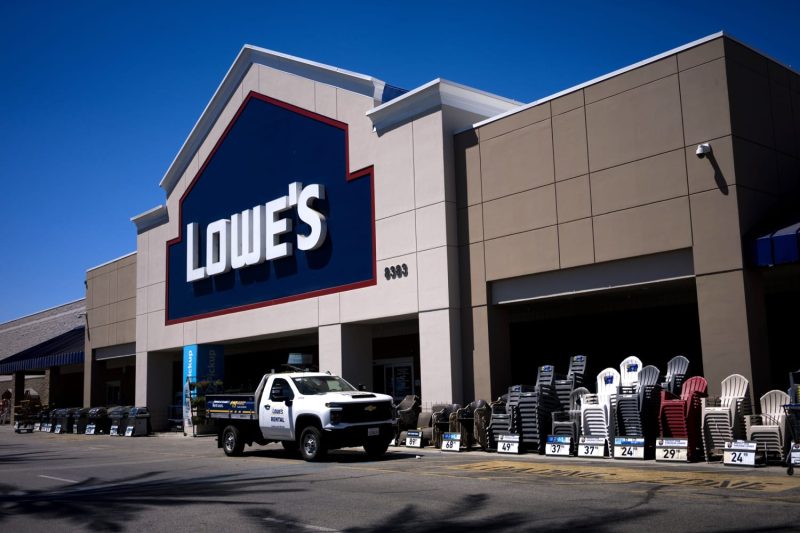In a surprising move, home improvement giant Lowe’s has joined the list of companies dialing back efforts aimed at supporting LGBTQ groups as part of their diversity, equity, and inclusion (DEI) initiatives. This decision carries significant repercussions not only for the affected groups but also for the broader conversation surrounding corporate responsibility and social justice.
Lowe’s, a household name in the realm of home improvement, has long positioned itself as an inclusive and socially conscious brand. By embracing DEI efforts targeted at LGBTQ communities, the company sought to not only create a welcoming environment for employees and customers but also to align itself with evolving societal norms and values.
The decision to scale back these initiatives raises questions about the underlying motivations and rationale behind such a move. While some may argue that businesses are justified in focusing solely on their core operations and bottom line, others view this as a step backward in the ongoing fight for equality and acceptance.
Critics have pointed out that companies have a moral obligation to support marginalized communities and advocate for social change. By retracting support for LGBTQ groups, Lowe’s risks alienating a significant portion of its customer base and sending a message that profit trumps principles.
Moreover, this decision may have ripple effects beyond the walls of Lowe’s stores. It could embolden other companies to follow suit, leading to a domino effect that undermines progress made in advancing LGBTQ rights and representation in the corporate world.
As conscientious consumers become increasingly aware of companies’ stances on social issues, Lowe’s and similar organizations may find themselves facing backlash and boycotts from customers who value inclusivity and diversity. Ultimately, businesses must weigh the short-term gains of cost-cutting measures against the long-term repercussions of alienating key stakeholders and damaging their reputation.
In sum, Lowe’s decision to reduce its support for LGBTQ groups as part of its DEI efforts underscores the complex interplay between business interests, social responsibility, and ethical considerations. The aftermath of this move will undoubtedly shape the public perception of the company and serve as a litmus test for where its priorities truly lie. It remains to be seen whether Lowe’s will course-correct and reaffirm its commitment to fostering an inclusive and equitable environment for all.
